
Scalable photonic quantum computing architectures require photonic processing devices. Such platforms rely on low-loss, high-speed, reconfigurable circuits and near-deterministic resource state generators. In a new report, a research team has developed an integrated photonic platform with thin-film lithium niobate. The scientists integrated the platform with deterministic solid-state single photon sources using quantum dots in nanophotonic [..]
Read More
Over the past ten years, computational imaging has made significant advancements. The method combines cutting-edge hardware and algorithms to create photos that conventional cameras can’t catch. Researchers have created a revolutionary method called sparse holography that converts two-dimensional holograms into three-dimensional images using computational imaging techniques. They created a set of algorithms and techniques to [..]
Read More
An innovative endoscopic imaging system with a design that could speed up the deployment of multi-tracer fluorescence-guided surgery (FGS) was described by a research team. The unique hexa-chromatic bioinspired imaging sensor (BIS), which the researchers based on the visual system of the mantis shrimp, is at the core of this design. The sensor consists of [..]
Read MoreThe tiny visual systems of flying insects have inspired researchers to develop optoelectronic graded neurons for perceiving dynamic motion, enriching the functions of vision sensors for an agile response. With excellent energy efficiency, biological visual systems can accurately detect motion in a complex environment. In particular, flying insects can see objects moving quickly and have [..]
Read More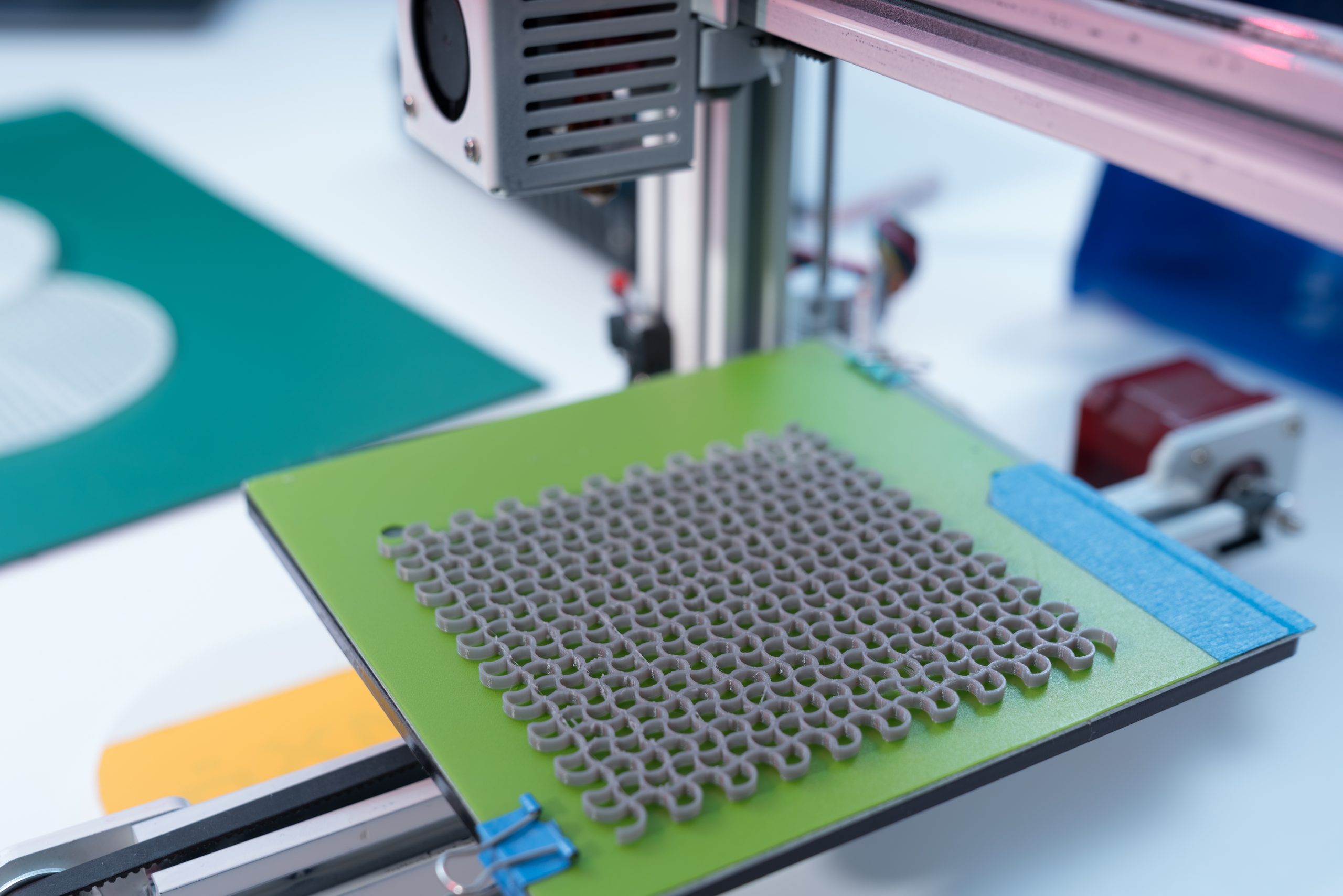
Researchers have created a brand-new category of integrated photonic devices called “leaky-wave metasurfaces” that can transform the light that was once constrained in an optical waveguide into any optical pattern in free space. These devices’ simultaneous control of all four optical degrees of freedom—amplitude, phase, polarization ellipticity, and polarization orientation—is a global first. The devices [..]
Read More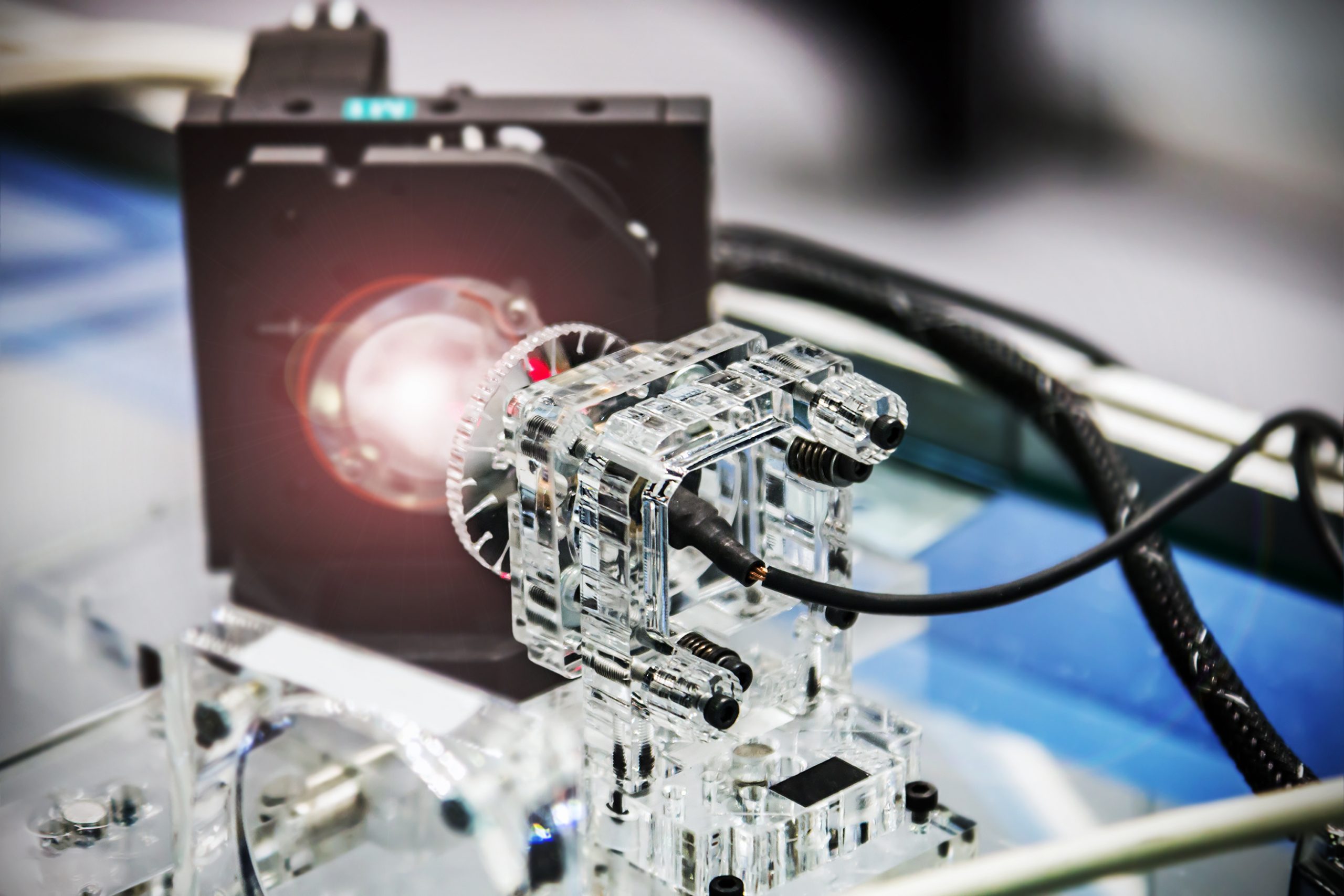
With the aid of colloidal quantum dot technology, scientists have achieved tremendous advancements in developing high-intensity light emitters, producing dual-function devices with previously unheard-of brightness levels. This development puts practical quantum dot laser diodes closer to reality and has potential applications in integrated electronics, photonics, and medical diagnostics. To create high-intensity light emitters that are [..]
Read More
A research team has put forth a new approach to controlling dispersion. Using a single metasurface device created with a unique lens model, they could control the dispersion and create an ultra-thin spectrometer with a nanoscale resolution. The new lens design used in this method, which enables both wavelength splitting and light focusing, makes it [..]
Read More
A well-known incoherent digital holography method is Fresnel incoherent correlation holography (FINCH). In FINCH, a light source divides into two beams of light that are then modified variably by two diffractive lenses with various focal distances and interfered with, creating a self-interference hologram. The hologram recreates the picture of the object at various depths via [..]
Read More
As a replacement for intrusive glucose detection technology, the combination of mid-infrared and photoacoustic spectroscopy has shown significant advancements. A dual single-wavelength quantum cascade laser system has been developed using photoacoustic spectroscopy for noninvasive glucose monitoring. As test models for the setup, biomedical skin phantoms with characteristics similar to human skin have been created using [..]
Read More
Scientists have created a new next-generation DNA sequencing method to find genetic changes in just one molecule. The procedure, known as Concatenating Original Duplex for Error Correction (CODEC), increases the accuracy of next-generation sequencing by about 1000 times and makes a variety of applications possible, including the reasonably priced detection of very small numbers of [..]
Read More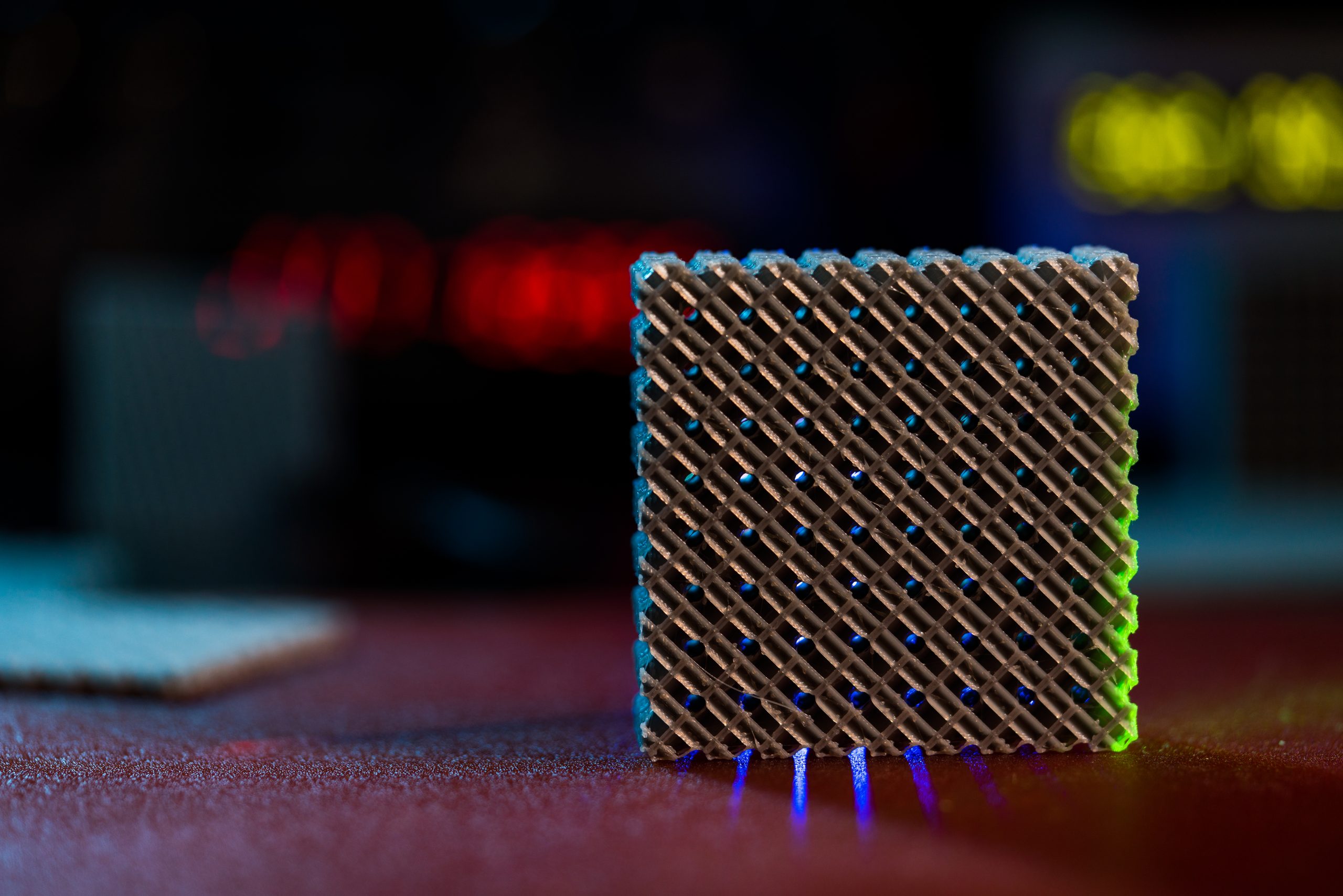
Due to their simple three-dimensional (3D) nanofabrication, numerous shape transformations, appealing manipulation capabilities, and wealth of possible applications in nanophotonic devices, nano-kirigami metasurfaces have gained increasing attention. In this work, researchers show the broadband and high-efficiency linear polarization conversion in the near-infrared wavelength range by introducing an out-of-plane degree of freedom to the double split-ring [..]
Read More
A solid-state electronic device array that can be used for compressive spectroscopy has been presented by researchers. It creates time-modulated light at tunable wavelengths. It needs a broadband multicolored light source and can be modulated at a certain frequency, which makes it simple to distinguish from surrounding light. Fabricating many LEDs on a single chip [..]
Read More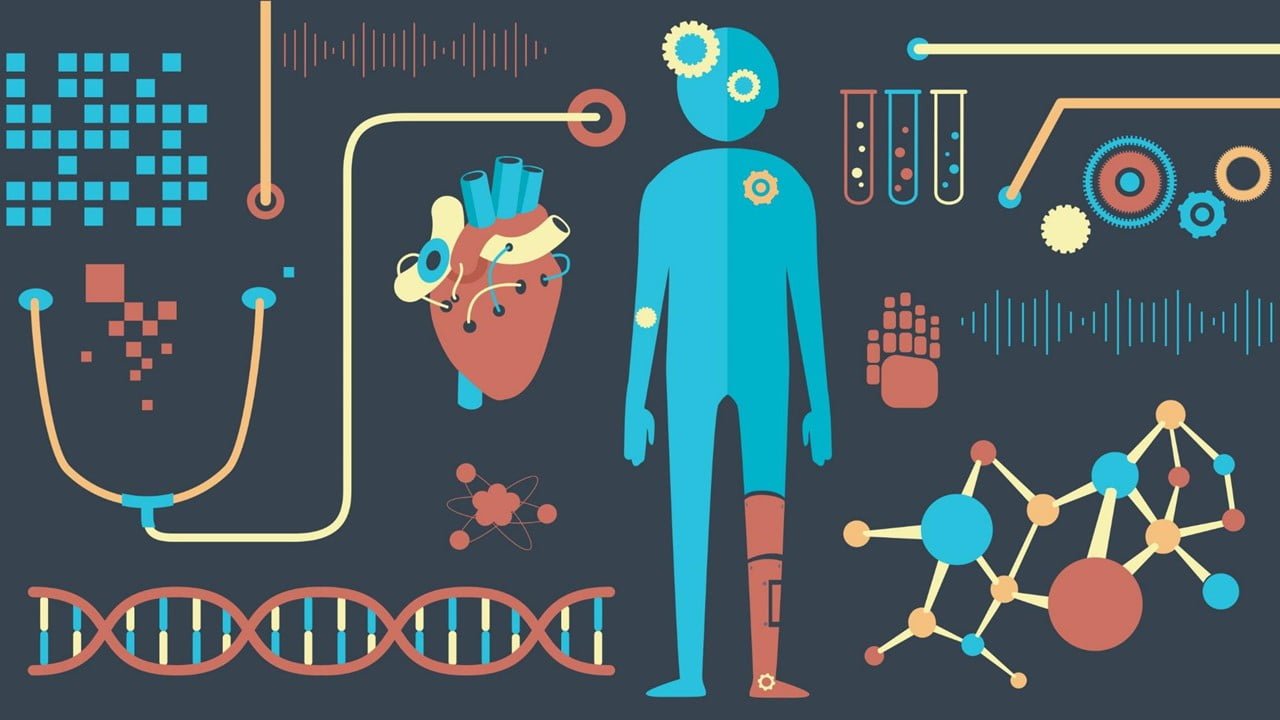
According to recent research, an artificial intelligence tool has successfully identified those at the greatest risk for pancreatic cancer up to three years before diagnosis. The researchers said the results indicate that AI-based population screening could be useful in identifying those at increased risk for the disease and could hasten the diagnosis of a disorder [..]
Read More
An optical-fingerprint detection system has received a technical patent from the USPTO. The temperature compensation approach can be implemented using a row-based system. In the row-based technique, the first reading is obtained while the matching pixel switches are open, and one or more of the array’s pixels are pixels of a row of the array. [..]
Read More
Scientists have produced two-dimensional photonic time crystals that amplify light and could be used to advance laser and wireless technology. Researchers have discovered a method for making these crystals and demonstrated that these strange, artificial substances could enhance the light that shines on them. These discoveries could result in better lasers and more effective and [..]
Read More
Photonic chips have changed data-intensive technologies. These laser-powered devices send and analyze information at the speed of light, making them a viable answer for artificial intelligence’s data-hungry applications, whether used alone or in conjunction with conventional electrical circuits. A research team has developed a photonic device for AI applications that offers customizable on-chip information processing [..]
Read More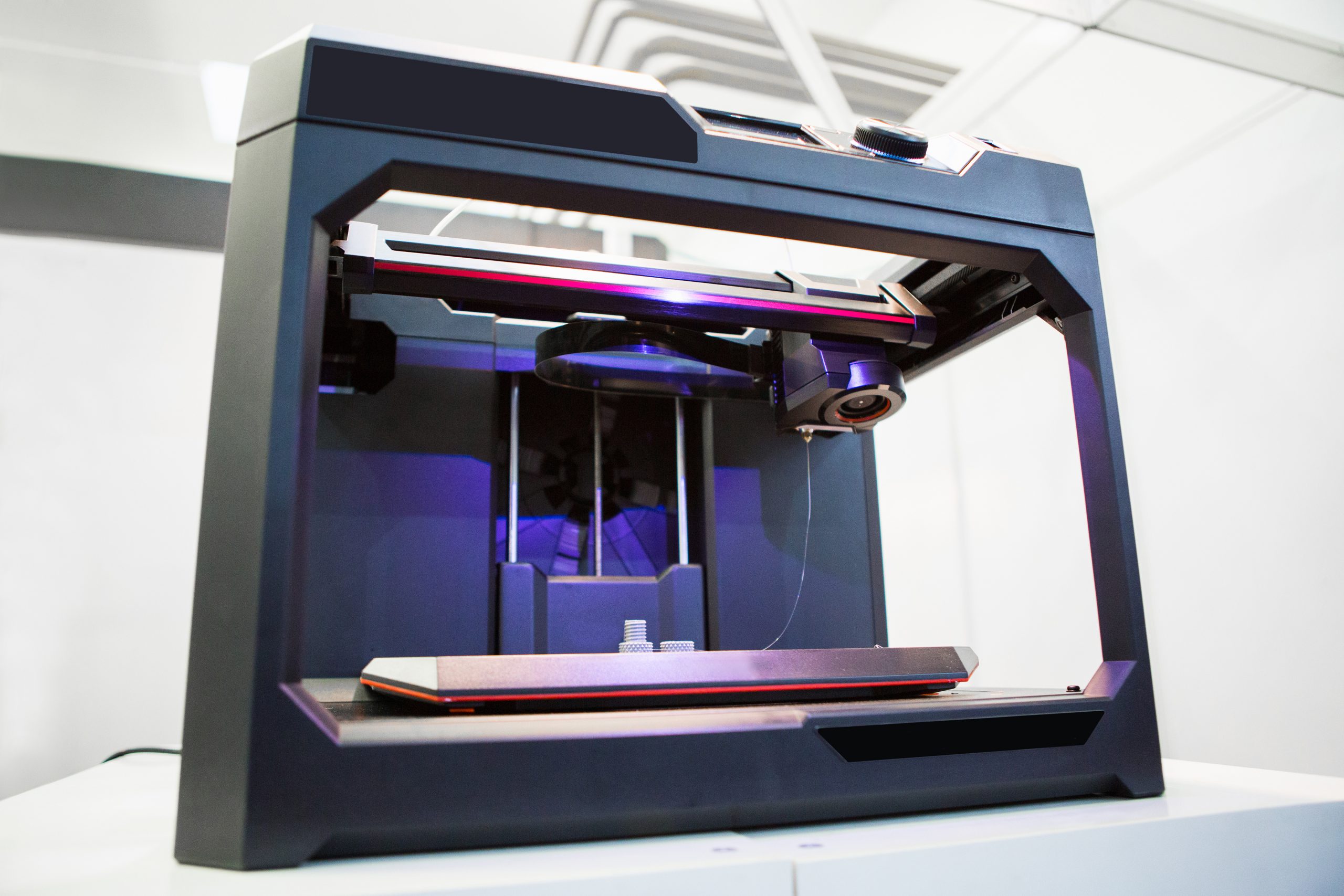
From plastic surgery for cosmetic reconstruction to the creation of artificial organs, three-dimensional (3D) bioprinting is frequently used in our lives. However, due to their innate rheological and structural characteristics, many biopolymers, including nucleic acids, polysaccharides, and proteins, are difficult to form into a desirable 3D shape at the submicron- or nanoscale. A team of [..]
Read More
Using optical microscopy, researchers have created a new and very effective technique for quickly assessing the antibiotic susceptibility of samples. The process, known as “Optical Nanomotion Detection,” is incredibly quick, sensitive to single cells, label-free, and calls for a straightforward standard optical microscope fitted with a camera or a cell phone. Antibiotic resistance occurs when [..]
Read More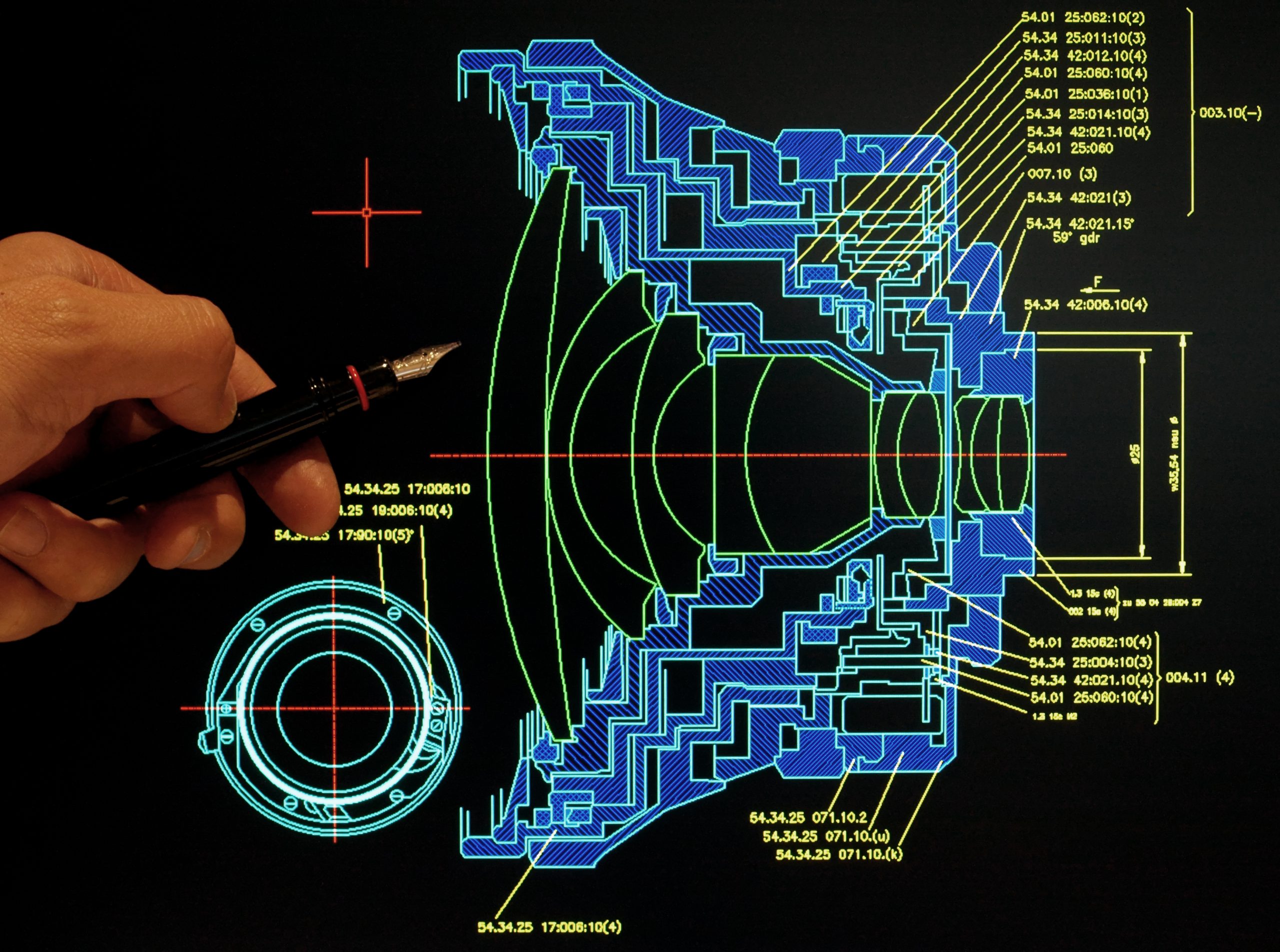
The “spooky action at a distance” that once alarmed Einstein may soon become as commonplace as the gyroscopes used in today’s smartphones to monitor acceleration. A new study shows that quantum entanglement dramatically increases the accuracy of sensors that can navigate without GPS. Optomechanical sensors track the disturbance forces that cause a sensing object to [..]
Read More
Researchers have created a new technique for producing 3D holographic projections that are realistic; it is three orders of magnitude more advanced than the most advanced technology now available. The researchers overcome some of the long-standing drawbacks of existing digital holographic systems by creating a novel method for creating realistic holograms. The team was able [..]
Read More